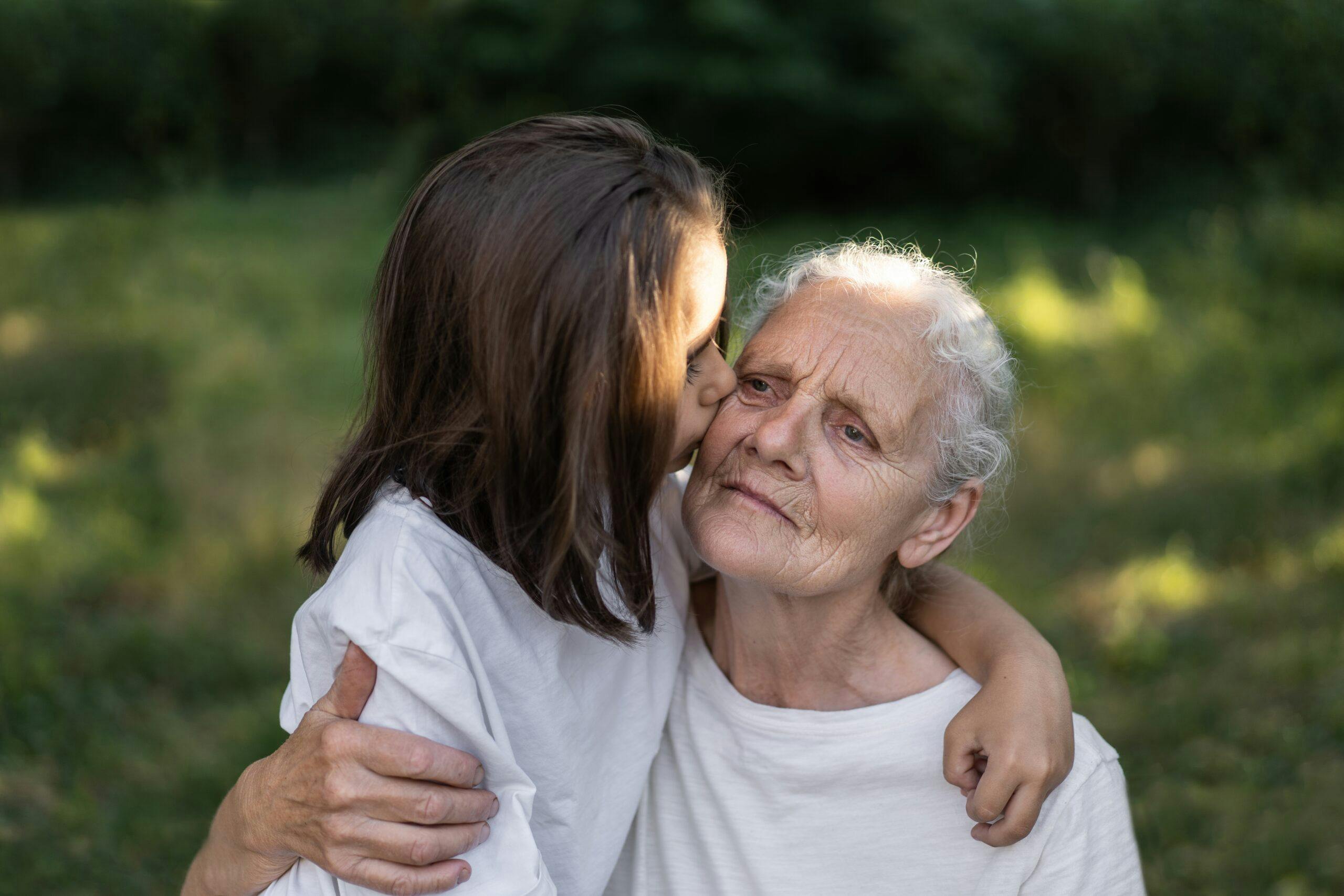How to Recognize the Signs and Symptoms of Dementia

Dementia is when an individual’s brain cells are so damaged that he or she experiences long term side effects. Dementia is irreversible and untreatable but is manageable with the proper care from a medical professional.

What are the Early Symptoms of Dementia?
There are several warning signs that can signal an individual that he or she may have dementia. It is important to note that symptoms and their frequency may vary from person to person, as no two people are the same, but there are a few to look out for. These include:
- Personality changes that are concerning or alarming, outside of temporary bad moods.
- Behavior changes.
- Confusion, especially around every day tasks.
- Inability to complete tasks that he or she once could accomplish daily.
- Memory issues, beyond typical memory loss due to aging.
It is important to note that some of these listed warning signs may actually be due to dementia rather than aging, and any indication of these warning signs in elderly adults should be taken seriously. When early symptoms of dementia are recognized, it is advised to bring the aging individual to their medical professional right away, as they are the only people that will be able to diagnose them with dementia.
What Does Dementia Look Like?
As aforementioned, dementia looks differently on different people, especially since there are different forms of dementia that will affect individual’s daily life differently. As dementia progresses, individuals may face a number of side effects and symptoms of the disease. Although dementia is not curable, it is treatable with the help of medical professionals and specialists.
An individual with dementia may experience cognitive decline, especially when it comes to their memory and their cognitive thinking skills. As dementia worsens, the individual may forget things that just happened to them, as well as their memories from the past. He or she may be unable to think things through, as well as unable to put together their thoughts as they once could. He or she may also have a hard time putting together words, numbers and the meaning behind certain sentences.
Individuals with dementia may also suffer from confusion and disorientation. Similar to their memory loss, he or she may forget where they are going or who they are. Often times, the confusion and disorientation may lead to forgetfulness when it comes to daily tasks, such as brushing their teeth or using the restroom. An individual with dementia may feel as though they forget how to do the simplest tasks.
As an elderly individual experience these symptoms of dementia, he or she may begin to feel agitated, angry and anxious over the changes they feel happening within their own body and mind. Behavior, mood and personality traits may start to shift or change over time. They may become more dramatic, as mood swings are common with individuals with dementia. Loved ones may notice that their aging friend or family member may not seem like themselves, and their personality may change often.
All of the symptoms mentioned above can lead to o ne large effect of dementia: the loss of ability to achieve daily activities. Things that were once second nature may seem impossible, such as brushing their teeth, bathing or getting dressed. Daily activities are a struggle, and often become intolerable for those suffering from dementia. The incapability to take care of themselves is simply a large side effect of the complications they experience during their lifetime diagnosis.
Living with a Dementia Diagnosis
Since dementia cannot be prevented, it is important to know what options are available to those who are living with this disease. After a diagnosis, family and friends often seek out help for their loved one that is suffering from dementia. An in-home caregiver can be the perfect solution for an individual with dementia that is looking to maintain their freedom and their comfort in their home, while looking for help around their house. In-home caregivers can provide a wide range of service for those with dementia, to help keep them happy and safe in the comfort of their own home. Living with dementia does not have to define a person and diminish their will to live. Resources, support and care can allow an individual to flourish and live the best they can during their lifetime with dementia.
